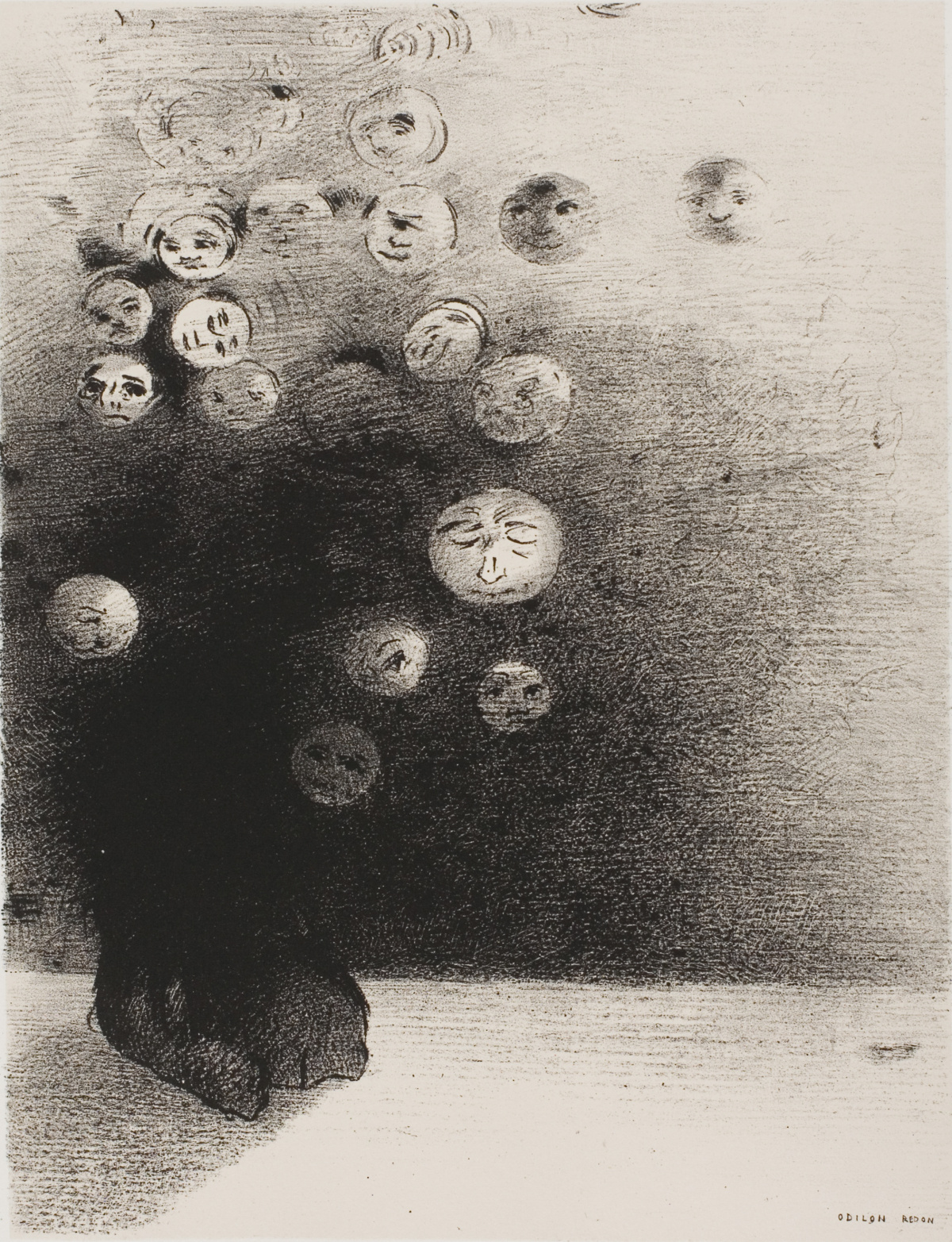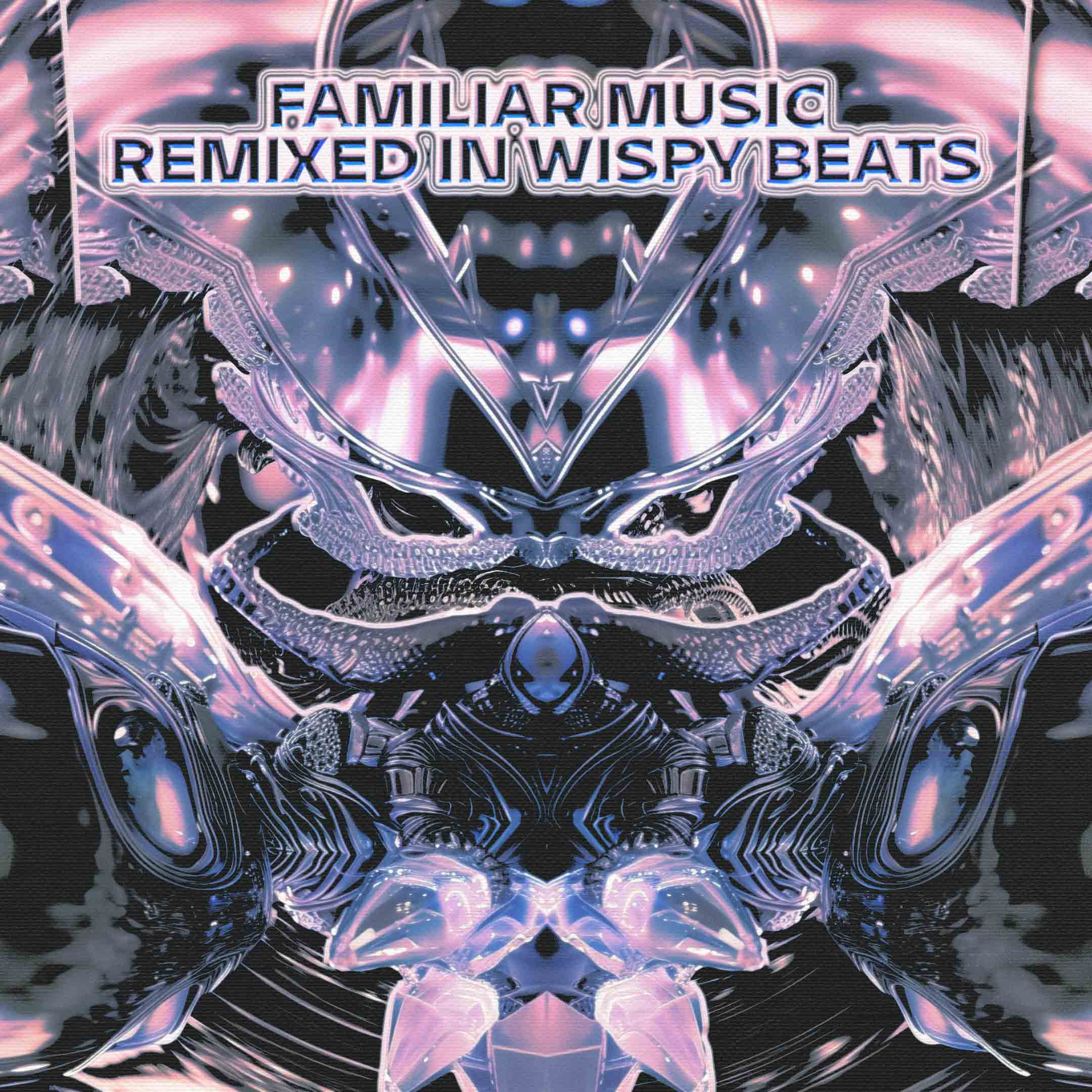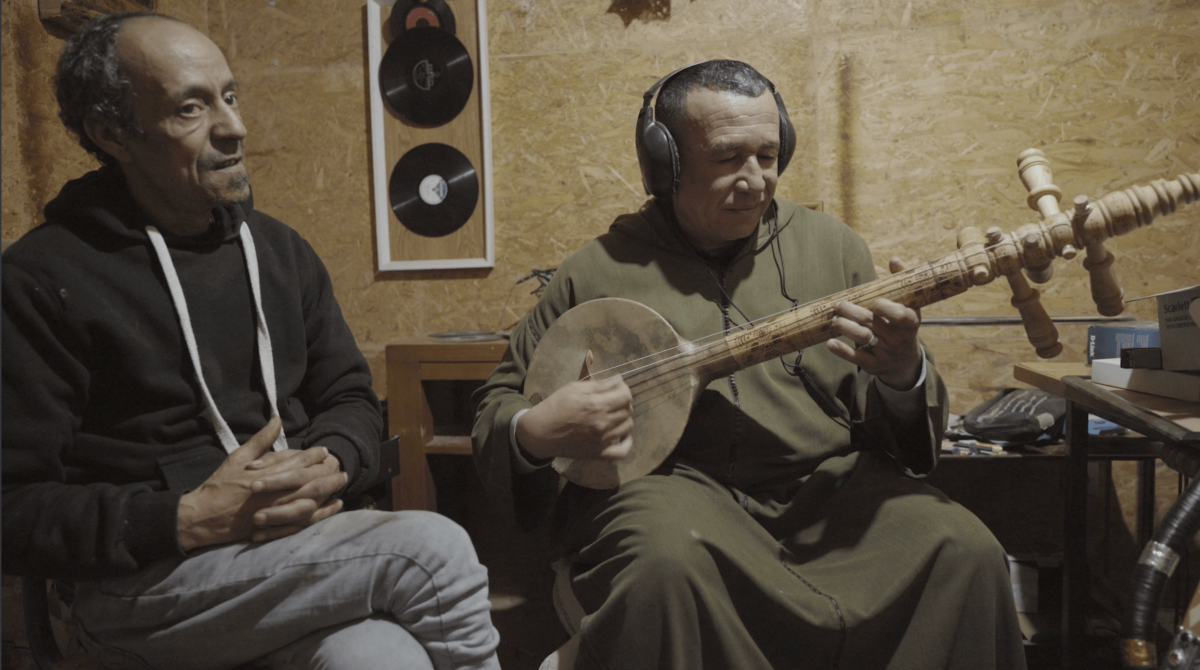Rabat-based independent curator and researcher, Fatima-Zahra Lakrissa, presents a few mediated responses to Gilles Aubry’s book Sawt, Bodies, Species: Sonic Pluralism in Morocco (Adocs 2023). Speaking from her perspective as a researcher in art history and curatorial practitioner in Morocco, she considers the idea of experimentation as one of the book’s central aspects. As she argues, Aubry’s sound composition project «Rwais Sound Model» finally challenges conventional notions of sound: it conceives of sound as the very nexus of experience. Part of the Norient Special Sawt, Bodies, Species.
«Work (Handwerk), is a matter for the hands. And these hands, in turn, belong only to one man, that is to say a single, mortal soul, which with its voice and without a voice seeks a path. Only true hands write true poems. I see no difference in principle between a handshake and a poem» Paul Celan (2002, 44).
Paul Celan’s words deliver, in a subtle way, the first impressions I had of Gilles Aubry’s work and a few clues as to the content of his book, Sawt, Bodies, Species: Sonic Pluralism in Morocco. They simultaneously evoke the desacralization of poetry through its adequacy with the manual gesture, and the critique of all approaches that reduce art to the expression of a meaning to be extracted from the material of the work. The idea that a work of art, whether visual or sonic, is not reducible to discursive meanings that it would contain by essence (or by analogy) provides an initial entry point into Gilles Aubry’s thinking and artistic universe. It even becomes the guiding thread running through this book, which, through its six chapters, invites the reader to let his or her subjectivity be transformed.
In his introduction, Gilles Aubry announces the project of this book, which is to revisit the roots of «modern sound» (Thompson 2013; see Aubry 2023, 8) as a concept shaped by colonization and modernization, which still reflects a colonial division of the world between so-called modern Western centers and non-Western sites considered pre-modern. This concept is accompanied by certain Eurocentric preconceived notions about the supposed otherness of North Africa whose cultural production, which has been affected by the colonial gaze, has been reduced to a production that is either unchanging, imitative of, or behind Western modernism and avant-garde experimentation. Gilles Aubry traces a specific genealogy of the coloniality of power and its multiple consequences on sound and listening practices, as well as on the body and the environment, all marked by their experiences of colonial domination, their internal revolutions, and their impeded decolonial future.
The Quest of Post- or Even A-Colonial Thought
His research, initiated in Morocco over ten years ago, calls for a serious engagement with both the conceptual legacies of colonialism and the theoretical advances taking place in the field of sound knowledge. From a transdisciplinary perspective, Gilles Aubry crosses the contributions of recent studies in ethnomusicology, sound studies, acoustic ecology, sound art history, phenomenology, and North African studies, which have had an equal impact on artists and theorists of sound and perception. He approaches this shift in perspective from plural research spaces linked to North Atlantic and North Mediterranean institutions or forged within fields of situated knowledge, which have been constructed in relation, or sometimes in reaction, to the former ones.
His interests include «musical expression, art, sound archives, urban planning, building techniques, seismology, healing practices, industrial extractivism, and ecology» (Aubry 2023, 9). To reread and link these diverse fields of activity, Gilles Aubry introduces his concept of «sonic pluralism» (ibid.), which, in the author’s words, designates a «capacity to combine conceptually distinct notions of sound» (ibid.). It enables us to think about the reconfiguration of the world, the relationships between bodies and subjectivities, beyond the social imaginary of power, and to open up a horizon of action and thought that aims to be post-, even a-colonial. The concept is applied to different contexts and situations of encounter, as the case studies in this book demonstrate. Here, I will focus on two cases that have had a particular resonance with my art history research and curatorial practice in Morocco: first, the encounter between Gilles Aubry and Abdeljalil Saouli around vernacular construction techniques (Chapter V); second, the encounter between Gilles Aubry and musician Ali Faiq around a corpus of rwais songs recorded for the Archives de la Parole Française in the 1920s (Chapter I). The idea of experimental art and the problem of experimentation are central to his writing.
Listening to See Intensively?
For Gilles Aubry, experimentation is understood as the point of articulation between artistic research and non-knowledge. It implies an approach that allows indecision or uncertainty, doubt or questioning to occur, in acts and in a process of co-creation. The fifth chapter of the book, entitled «Stonesound: Living with Stones, Lithic Affect, and Aural Co-Domestication», explores the significance of these issues in the process of artistic co-creation. Among the many experiments carried out with Moroccan artist Abdeljalil Saouli, I’d like to mention a video work, STONESOUND (2019), which highlights sound interactions – sound and listening – through exchanges between humans and the environment. Saouli and Aubry’s joint experiments on the sound of the stone attest to the affective relationship that is established between the subject and the environment, whether in the aesthetic contemplation of the world or the construction of the habitat. The importance of composing sound interactions lies in the desire for a concrete fusion with the physical environment, apprehended as a medium of existence. Another challenge is to loosen the categorization between the living and the inert, the sensitive and the abstract, the collective and the intimate, the rural and the urban, the traditional and the modern.
The reflection introduced by this work can be extended to Saouli’s relationship with his village, touching also, in Saouli’s artistic practice, on plant animism, the anthropomorphism of animals, and sometimes sliding towards the pantheistic fusion of the subject with nature. It develops in the direction of intersubjective interactions, thought of by Gilles Aubry in terms of «auditory co-domestication», a notion derived from recent animal studies (Andersen 2018) and ethnobotany (Delplancke and Aumeeruddy-Thomas 2017; Stépanoff and Vigne 2018; see Aubry 2023, 29). But more fundamentally, it allows us to clarify the link between the sensations experienced by the subject and the form of the object, when we manage to project affect into so-called inert bodies, and these bodies can in turn provoke psychic and sensory effects on the observer.
The sensitive experience produced does not use symbols to repeat reality, but is inscribed directly, without any detours, in the viewer’s body. In this way, Gilles Aubry replaces the signifying forms of art with the real forces of creation, restoring the political meaning of perception.
The Expanded Field of Sound
If Gilles Aubry asserts a practice of experimentation, it is certainly not for interpretative purposes. The reception favored by Gilles Aubry calls for decentralization, first and foremost that of the artist. This involves valorizing the artistic culture of participation. In line with the postcolonial and subaltern studies that inform his thinking, for Gilles Aubry it’s a question of asserting the role of the subject of the individuals he represents, of granting them an active place in the creative process to prevent the work from commodifying them. The artist’s interpretive responses are no longer intended to be descriptive, explanatory, and supposedly rationalist, but rather the product of a reflexive approach that questions the artist’s own categories of thought. This decentering process also involves abandoning objectivity and explanation in favor of relativistic interpretation and subjectivity. This allows multiple overlaps between practices, authorizing the artist to refuse the division between erudition and poetry and to claim the shift from science to art, which in turn strengthens the artist’s position as mediator.
Among the many cases of aural mediation analyzed in Sawt, Bodies, Species, I will particularly mention his study of the music of itinerant rwais, presented in Chapter I of the book, titled «Between Colonial and Ethical Noise: The French Speech Archives, Rwaiss Sound, and Aural Mediation». In this chapter, Gilles Aubry describes the multiple situations of mediation he encountered. Obviously, between sound, its expressive power, and the spectator, but more fundamentally, between local modes of engagement with sound technology and the relationship between sound and listening to the various political, social, and cultural forces that have defined their conditions of existence since the French protectorate in Morocco.
The critical, sensitive, and relational dimensions of these situations of mediation are constitutive of a broader field of sound and listening that Gilles Aubry explores through the prism of his concept of «aural mediation» (Aubry 2023, 18–24). This concept enables him to pay particular attention to the resituated uses of sound reproduction technologies and to engage in a re-reading of the various processes of appropriation of sound technology practices. This is concretely experienced in «Rwais Sound Model», a sound composition project created in collaboration with singer Ali Faiq and rwais musicians from Southern Morocco.
«Rwais Sound Model»: An Audible Ecosystem?
In this composition project, several hours of recordings were submitted to a machine-learning algorithm to translate their sound characteristics. This process, which generates, transforms, and even destroys sound, involves human–machine co-creation, but is unable to account for the underlying human interactions. The most important concern is the complex dynamics of information and affect exchange between artists and their environment, where a tangle of continuous mediations is woven. These are not independent of sound, but, on the contrary, constitute its very environment. The proposal aims to give conceptual depth to the notion of sound. It invites us to think of and experience sound as the very nexus of experience, rather than as a support for the structures of language and expression. It suggests that sound should be something to be built upon and constantly renewed, in composition, performance, and listening, rather than acquired as pre-existing material or cultural artifact.
Direct experimentation with this situation through «Rwais Sound Model» also suggests a method. This consists of the obligation to distinguish conceptually and materially, and then to reconnect them: the emergence of sound and the underlying dynamics of emergence that remain inaudible, and which the artist restores in part through the visual and/or audio-visual documents that accompany the sound. «Rwais Sound Model» thus offers the beginnings of an answer to the inevitable question of the formats and even forms of experimentation in an exhibition scenario. This project also invites us to consider the phenomenon of the reception of experimentation from the spectator’s point of view through his sound performance, which is informed by all the existential, affective, and material circumstances of the search for a rwais sound.
What is manifested is first and foremost an emergence of sound in the here and now of the artist and spectator. It seems that the nurturing of an experimental disposition would have as its counterpart the formation and redistribution of new subjectivities, made possible by the dissolution of the fantasy of mastery that creation sometimes induces. What one can retain from Gilles Aubry’s book is an invitation to decentralize our subjectivity, to nuance our understanding of experimental art or relational art, since both are perhaps losing all autonomy today. We do not settle into experimentation permanently; rather, we are dealing with paths of experimentation where the conditions of a practice are intensified and transformed.


